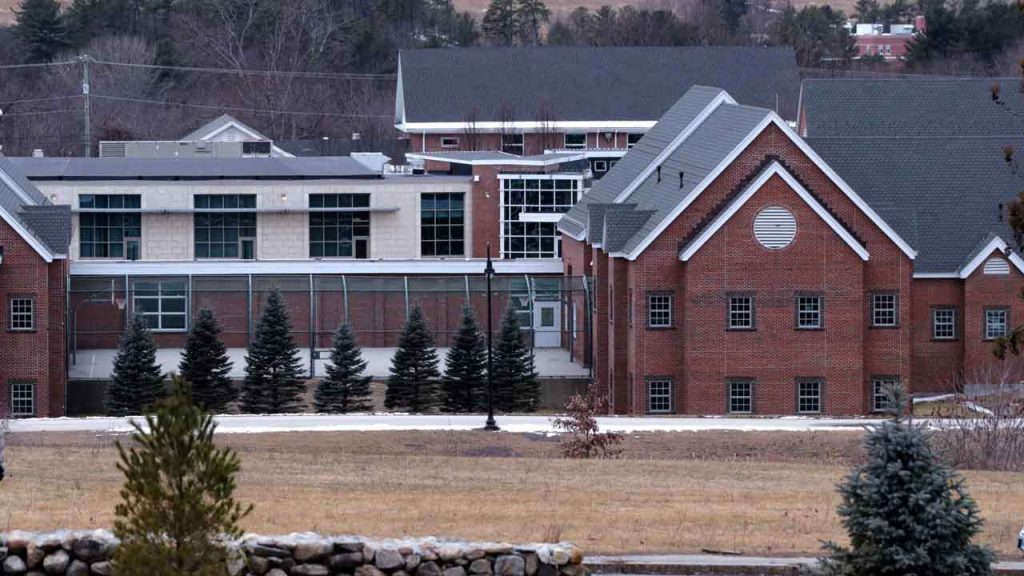In New Hampshire, jurors heard closing arguments in a case involving alleged abuse at the Sununu Youth Services Center. The plaintiff, David Meehan, claimed he was a victim of physical, sexual, and emotional abuse during his time at the facility in the 1990s. Meehan’s lawyer, David Vicinanzo, suggested a settlement of over $200 million, arguing that the state’s negligence fostered a culture of abuse marked by brutality and corruption. The case has gained attention as over 1,100 former residents have come forward with similar allegations, leading to the arrest of 11 former state employees.
During the trial, Meehan described his experiences at the youth detention center, including being raped and held in solitary confinement. His attorneys presented witnesses, including former staffers and a teacher who noticed suspicious bruises on Meehan and other boys. The state countered by calling witnesses, including Meehan’s father, who cast doubt on his credibility. The attorney representing the state, Martha Gaythwaite, argued that there was no widespread culture of abuse at the facility and no evidence that higher-level state officials were aware of the alleged misconduct. The state maintained that Meehan’s case was based on speculation and conspiracy theories rather than concrete evidence.
The case underscores the challenge of holding the state accountable for abuse within its facilities. Meehan’s lawsuit, the first to go to trial, is seen as a test case for other claims brought against the state. The attorney general’s office, which is defending the state in civil lawsuits, is also prosecuting suspected perpetrators in criminal cases related to the abuse. This dual role has created a complex dynamic in which the state must navigate its defense in civil cases while relying on the testimony of victims in criminal prosecutions.
Throughout the trial, Meehan detailed the abuse he suffered at the hands of staff members at the center, recounting instances of sexual assault and violence. He described the lasting impact of the abuse on his life and mental health, stating that he continues to grapple with the trauma he experienced as a teenager. Meehan’s attorneys argued that he deserves compensation for the harm inflicted upon him, suggesting that a significant monetary award would be a measure of justice for the abuse he endured.
As the trial neared its conclusion, both sides presented their closing arguments, with Meehan’s lawyer urging jurors to consider the extent of the abuse and the state’s responsibility in allowing it to occur. The state’s attorney maintained that the allegations against the facility were unfounded and that Meehan’s credibility was in question. The jury will now deliberate on the case and determine whether the state should be held accountable for the abuse suffered by Meehan and other former residents.
The outcome of this case has far-reaching implications for accountability and justice in cases of institutional abuse. By seeking compensation and acknowledgment for the harm they endured, survivors like Meehan are challenging the systems that allowed abuse to persist. The trial represents a pivotal moment in the fight for justice and accountability for victims of abuse, shedding light on the need for systemic change to prevent such atrocities from occurring in the future.


